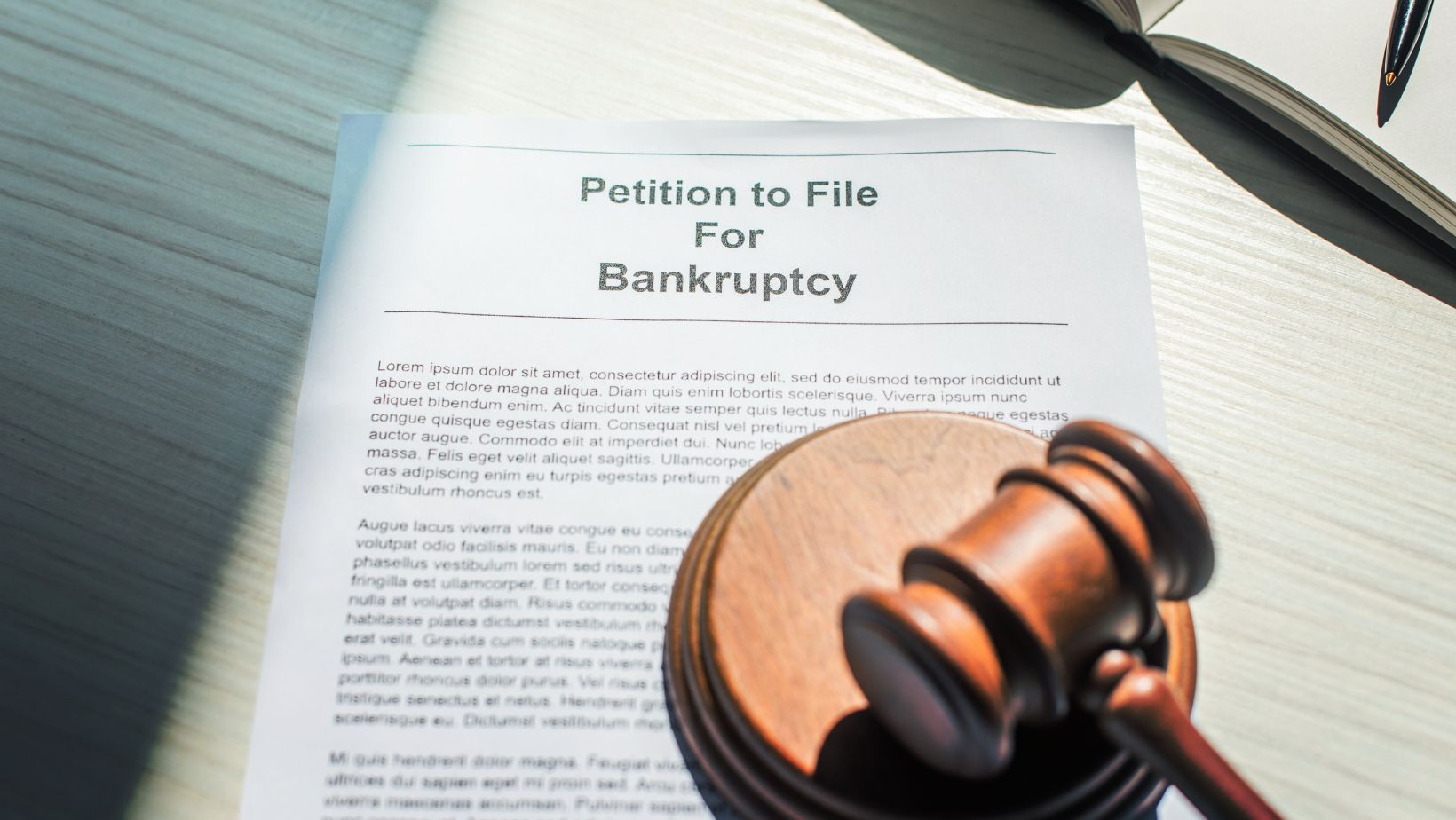
Filing for bankruptcy can feel overwhelming, but understanding how exemptions work helps ease the process. Exemptions are protections built into bankruptcy law that allow you to keep essential property even after filing. For many people, this is one of the most important aspects of bankruptcy—it’s what makes a fresh start possible.
If you’re beginning your research, see how exemptions apply in Chapter 7 here. At U.S. Bankruptcy Help, we provide free educational resources that explain the bankruptcy process in plain language. We also connect you with qualified bankruptcy attorneys who can help evaluate your specific case.
This guide explains what Chapter 7 bankruptcy exemptions are, how they work, and what types of property they cover in 2025.
What Are Chapter 7 Bankruptcy Exemptions?
When you file Chapter 7 bankruptcy, a trustee is appointed to oversee your case. The trustee’s role is to review your finances, identify any non-exempt assets, and, if applicable, sell them to repay creditors. However, exemptions allow you to protect property you need to maintain a basic standard of living.
Exemptions vary by state. Some states require you to use their exemption laws, while others allow you to choose between state and federal exemptions. These exemptions ensure that filing bankruptcy doesn’t leave you without essentials like a home, car, or retirement savings.
Why Exemptions Are Important
Without exemptions, bankruptcy would feel like starting over with nothing. Exemptions are what make the process workable for most people by:
- Allowing you to keep essential assets like your house, vehicle, or personal belongings.
- Ensuring retirement accounts and pensions remain intact.
- Giving debtors peace of mind that bankruptcy won’t erase their ability to rebuild.
Exemptions are designed to balance creditor rights with debtor protections, ensuring fairness in the process.
Types of Property Covered by Exemptions
Here are the most common categories of property protected under Chapter 7 bankruptcy exemptions:
1. Homestead Exemption
The homestead exemption protects equity in your primary residence. The amount varies by state—ranging from tens of thousands of dollars to several hundred thousand. This exemption ensures that many homeowners can keep their houses while eliminating other debts.
2. Vehicle Exemption
A certain amount of equity in one vehicle is typically protected. This allows debtors to continue commuting to work or caring for their families.
3. Personal Property Exemptions
These exemptions cover items such as:
- Household goods and furnishings
- Clothing
- Family heirlooms (within value limits)
- Books and school supplies
4. Wages and Income Exemptions
In many states, a portion of earned but unpaid wages is protected. This ensures debtors can maintain some income through the bankruptcy process.
5. Retirement and Pension Accounts
Most qualified retirement accounts, such as 401(k)s, IRAs, and pensions, are fully exempt. This prevents long-term financial security from being wiped out.
6. Tools of the Trade
If you own equipment or tools necessary for your profession, exemptions typically protect them so you can continue working.
7. Wildcard Exemption
Some states offer a wildcard exemption, which allows you to protect property of your choice up to a certain value—cash, savings, or personal belongings.
 How Exemptions Work in Practice
How Exemptions Work in Practice
Let’s look at a simple example:
- You own a car worth $8,000.
- Your state’s vehicle exemption protects up to $6,000.
- That means $6,000 of equity is safe, but the remaining $2,000 could be subject to liquidation.
However, if your state allows a wildcard exemption, you may be able to apply it to protect the remaining $2,000—keeping the car entirely.
This is why it’s important to know not only the exemptions available but also how to use them strategically.
Chapter 7 vs. Chapter 13: Exemptions Still Matter
Exemptions aren’t only important in Chapter 7. In Chapter 13, your repayment plan is partly based on the value of non-exempt property. If you own assets beyond what exemptions cover, you may need to pay creditors the equivalent value over time.
Understanding exemptions can therefore help you compare whether Chapter 7 or Chapter 13 is the best fit for your financial situation.
Mistakes to Avoid with Exemptions
Many people make costly errors when dealing with exemptions. Common mistakes include:
- Transferring assets before filing – This can be considered fraud and may jeopardize your case.
- Failing to disclose assets – You must report everything, even property you believe is protected.
- Choosing the wrong exemption system – Some states offer multiple systems, and the wrong choice could cost you key protections.
- Not using wildcard exemptions effectively – Many debtors overlook this flexible protection.
Avoiding these mistakes helps ensure you maximize the protections available under law.
Rebuilding After Bankruptcy
Exemptions not only allow you to keep essential property but also set the foundation for rebuilding. With debts discharged and assets protected, many people find they’re able to recover faster than expected. Secured credit cards, careful budgeting, and on-time payments are often the first steps toward financial stability.
How U.S. Bankruptcy Help Supports You
At U.S. Bankruptcy Help, we make navigating exemptions easier by:
- Offering free educational resources about bankruptcy laws nationwide.
- Helping you understand which exemptions apply in your state.
- Connecting you with local bankruptcy attorneys who can maximize your protections.
We are not a law firm. Instead, we provide information and connections. By completing our form, you’ll be matched with a qualified attorney near you who can provide personalized guidance.
Final Thoughts
Exemptions are at the heart of bankruptcy protections. By understanding Chapter 7 bankruptcy exemptions, you’ll know what property you can keep and how to approach the filing process with confidence.
Start learning more today with the free resources available at U.S. Bankruptcy Help. The sooner you understand how exemptions work, the sooner you can take control of your financial future.

 How Exemptions Work in Practice
How Exemptions Work in Practice




